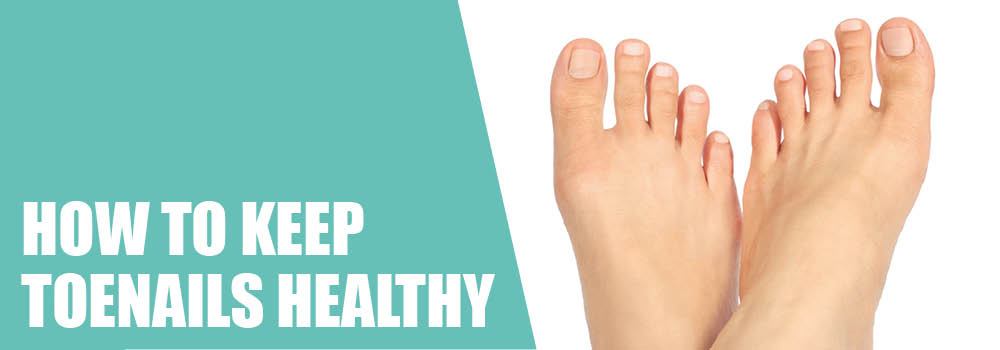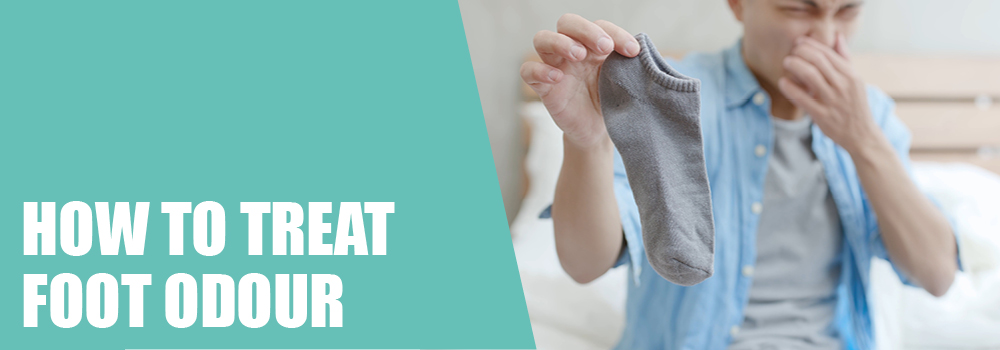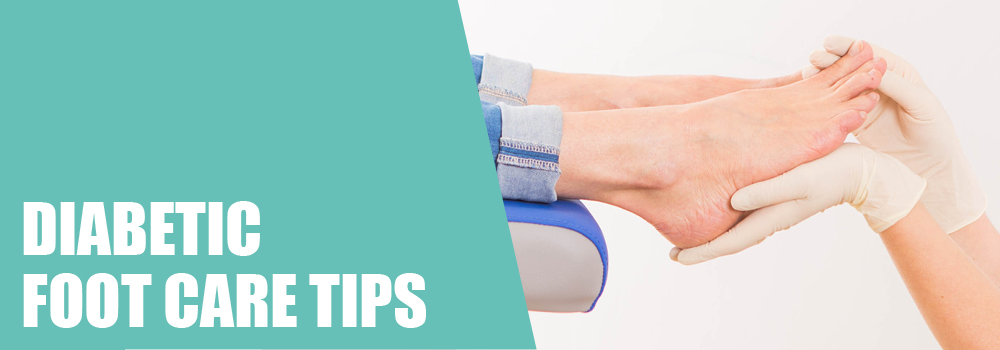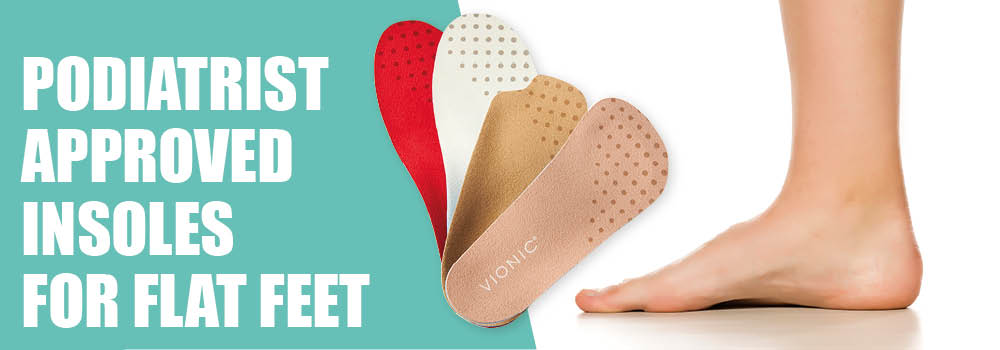How to take care of your feet in winter
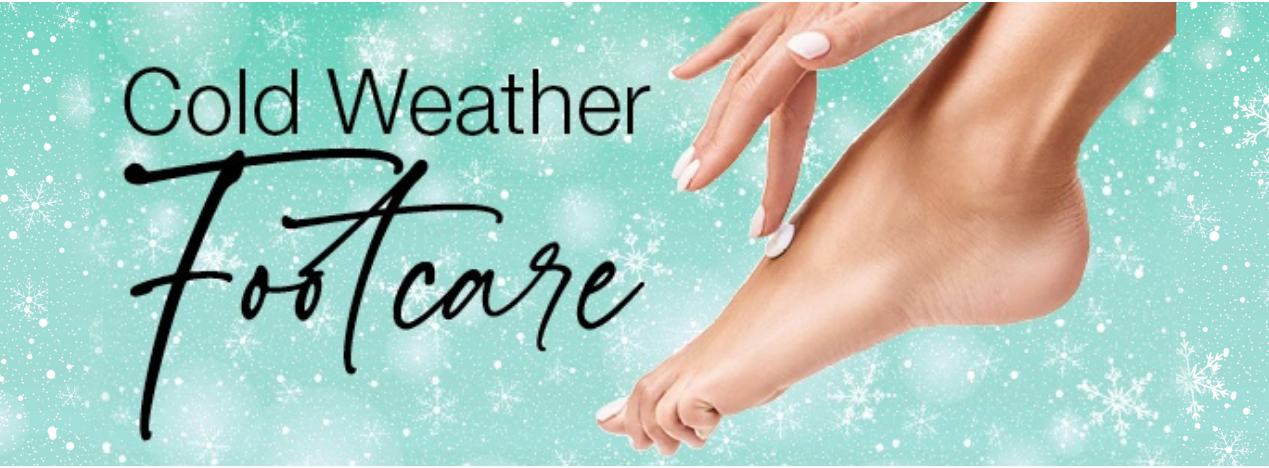
How to Take Care of Your Feet in Winter
During the winter months it is important to take care of your feet. Winter comes with its own potential problems so here's our top 10 tips to show you how to take care of your feet in winter
Top 10 Winter Footcare Tips
Taking care of your feet is important even if you have no medical conditions. If they become too warm and damp it could increase your chances of a fungal infection / athlete’s foot, whereas if your feet are cold and damp due to being outside for periods of time and then you move to a warm room then you increase your risk of chilblains. If you are elderly, have diabetes, reduced circulation or are immune compromised then it is even more important you have a look at our winter top 10 tips to healthy feet.
1. Choose the Right Shoes
The correct footwear is essential in winter for keeping your feet warm, dry, and in tip top condition.
If it is wet, raining or snowing then then the best option maybe robust wellington boots with some natural fibre socks (wool or cotton) to remove any excessive moisture, reducing the risk of a fungal infection Stylish Comfortable Shoes, Orthotic Insoles & Foot Care | Simply Feet.
In icy conditions a boot / sturdy walking shoe with solid sole, protection around the ankles, laced fastenings for adjustment will help us to prevent slips, trips and falls which could lead to a fracture. Merrell Bravada Edge 2 Thermo Mid WP or Merrell Siren 4 Mid GTX Boot.
Simply Feet has dress boots which in wintery conditions should be worn where there isn’t much walking e.g. when moving from a car to restaurant reducing the chance of a fall.
If you have diabetes, and / or poor circulation keeping your feet warm with natural fibre shoes will help. - Natural Fibre and Wool Shoes.
Keeping your feet warm indoors by wearing indoor footwear / slippers reduces the risk of chilblains. It is important your shoes are matched to your mobility otherwise you could fall. Simply Feet Slippers.
A slipper with a back to the heel, fastening over the top and a fleecy lining would be ideal. Try to avoid slip on slippers if you have poor mobility.
2. Choose the Right Shoe Size
It is important that your shoes fit your feet not your feet fit your shoes! This is to reduce the chance of ingrowing toe nails, blisters, corns and callus.
It is especially important in winter as we will be wearing footwear with a front which covers our toes. Footwear sizing varies between manufacturers therefore always try them on, in an afternoon if possible, to ensure the correct fit.
Try the footwear on with the socks you’ll be wearing as they maybe thicker than your usual socks, your footwear will need to have room to prevent any rubbing. Remember if you have a medical condition which causes numbness in your feet you may not feel your shoes or boots rubbing.
When footwear is too large it can also cause a problem of clenching your toes so that you keep your foot in place, leading to corns and in growing toenails. If your feet are sliding inside your shoes this could lead to a slip or fall in icy conditions.
3. Wear Suitable Socks for Winter
A good sock should have a high percentage of natural fibres – Bamboo, wool or cotton. Natural fibres help to keep your feet warm and control the moisture content from your feet sweating, wearing thicker socks or two thinner pairs will help to keep your feet warmer.
Preventing your feet from becoming damp and looking white and wrinkled when you take your socks off reduces the risk of athletes foot or developing dry skin. If your feet are cold and wet when you get home, remove the socks and dry your feet, warm them slowly, don’t put them on a hot water bottle, in front of the fire or on a radiator as this could cause chilblains - replace your socks and wear indoor footwear.
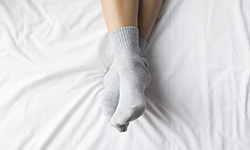

4. Wear Insoles for Added Comfort
For added comfort and warmth during the winter months it worth considering insoles. At Simply Feet we have a range of insoles, some with fleecy ling and arch support and others which have a thermal insulating top cover. It is important to remember the footwear must fit to prevent corns and blisters from rubbing.
Due to the thickness of the Vasyli Maximum pro insole this would be ideal to fit into extra depth boots / shoes or wellingtons.
Strive Insole Fur-lined Orthotic Insole (simplyfeet.co.uk)
Dr Comfort Heat Moldable Insoles (simplyfeet.co.uk)
5. Take Care of Your Winter Shoes
To keep your footwear in good condition and expand their life, cleaning and polishing is necessary. Cleaning Kits
Harsh wintery weather and the salt on the pavements can discolour and mark your footwear. Wet and damp footwear encourages the growth of fungus and mould causing your footwear to smell. Therefore to prevent the risk of athlete’s foot footwear should be left 24 hours before being re-worn. Simply feet offer Drysure active shoe dryer to help remove dampness from your shoes.
Simply Feet also sell a range of shoe deodorants to help neutralise the smell.
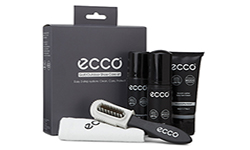

6. Use Waterproofing Sprays
Waterproof footwear will need to be cleaned and re-proofed to prevent conditions for fungus and mould growth, keeping them water tight. This maintenance will protect them through the winter months and beyond. https://www.simplyfeet.co.uk/cherry-blossom-universal-protector-spray-200ml.html
7. Keep Your Feet Clean
Take care of your skin! Wash your feet daily in warm, soapy water and dry them thoroughly especially between your toes. A moisturising soap will help to maintain the moisture balance in the skin. Test the temperature of the water with your elbow first to ensure it isnt too hot or cold.
Don’t soak your feet for long periods as this can cause drying to the skin and nails – wrinkling of the skin after soaking can be a sign of this.
8. Trim Toenails
Wearing closed footwear, socks and having long toenails can cause damage the nail leaving a spike which may in-grow. Long toenails can also be uncomfortable when walking in your shoes and slippers.
Cut your toenails straight across the top and do not dig into the corners. File your nails after cutting to reduce discomfort from the nails catching on your socks. If you have poor vision or unable to reach your feet then please seek professional help.
9. Remove Hard Skin and Moisturise Feet
The cold temperatures and change in humidity – car heaters, central heating can lead dry skin. Dry skin comes through the lack of the body being able to keep the moisturise in the skin. We need to maintain this moisture balance, a urea based foot cream will do this.
If you get a build up of hard skin using a Simply Feet Foot rasp will smooth and reduce this thickness, making it more comfortable to walk on. However, if you have diabetes, poor circulation or are immune compromised you may have been recommended against this treatment and to see a podiatrist.
Apply cream once or twice daily to the soles and tops of your feet. Try to use a urea based cream.
Don’t apply creams or lotions in between your toes, as this can put you at risk of a fungal infection or a break in the skin. Any cracks or breaks in the skin could lead to an infection. Don’t use any acids or chemical remedies on your feet such as corn plasters and wart treatments – seek professional help.
10. Consult a Podiatrist
Our feet support our bodies throughout our lives and therefore are critical to our normal function as well as health and well-being.
Don't wait until you get a foot problem before visiting a Podiatrist, go for an annual check up. If you have callus, corns, in-growing toe nails, athlete’s foot, more frequent visits maybe required.
Podiatrists are trained at university for 3 years and deal with the diagnosis, treatment, and prevention of foot and leg complaints. Podiatry practices can offer a range of treatments such as nail cutting and callus removal through to complex treatments such an infected wounds and surgery for ingrowing toe nails.
Corns / callus may relate to the way you walk and your podiatrist may ask you to attend an assessment providing you with exercises and insoles. People with Diabetes and Poor circulation should seek the advice from a podiatrist before undertaking your own foot care as well as during winter months to prevent chilblains and wounds.
Your podiatrist will be able to give your specialist tailored advice on your feet, footwear and footcare routines which will help you with your health, wellbeing and quality of life, ensuring your are ready for winter and beyond.
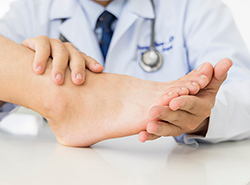

Shop Winter Foot Care
We hope you have found our top 10 tips for winter foot care useful. From preventing the risk of falls in icy conditions to preventing the common foot problems that occur during the winter months when we can’t see our feet. Simply feet have a wide range of products to assist you in looking after your feet, so that they are ready for the warmer weather when the summer comes.


